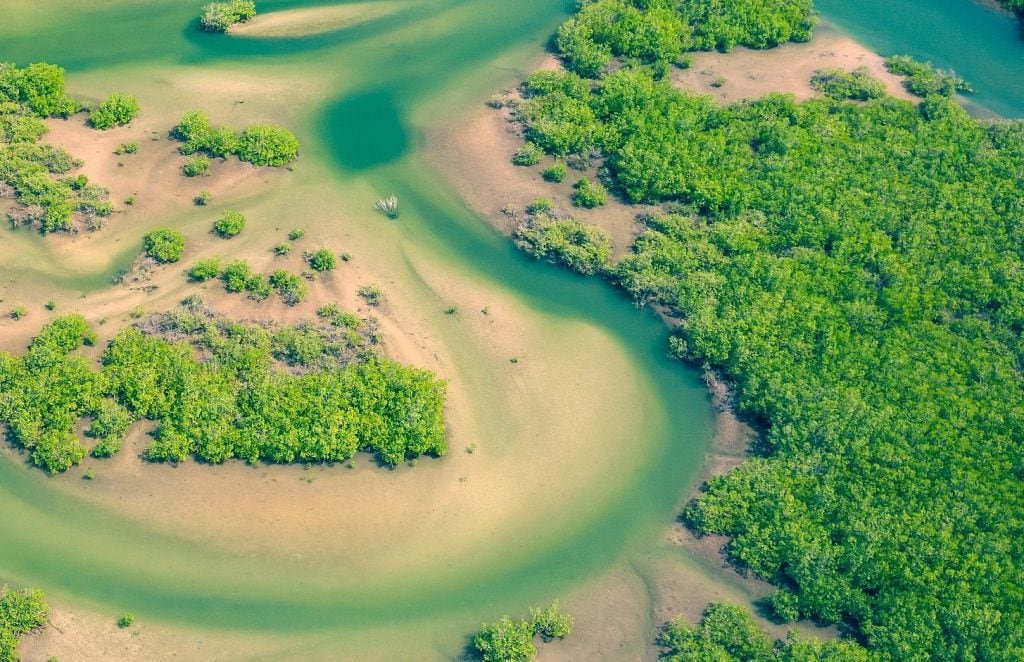Three great stories we found on the internet this week.
Open for business
At the peak of New York City’s pandemic, 83 miles of city streets were closed to traffic to give city-dwellers more public space for social distancing. According to a new analysis, the Open Streets program had financial benefits, too: Patrons flocked to outdoor dining along these car-free stretches.
The city says restaurants and bars on popular Open Streets made more money than those on trafficked roads. And those same streets saw new eateries open even as pandemic shutdowns threatened businesses everywhere.
Crushed by negative news?
Sign up for the Reasons to be Cheerful newsletter.Even as some critics charge that the rise in al fresco eating has increased congestion and litter, advocates insist it’s a cultural and economic boon to the city — a position now backed by empirical evidence. “New York offers cities evidence that the same strategies that can bring life into the open during a public emergency can also help cities recover long after,” said former transportation commissioner Janette Sadik-Khan.
Read more at The New York Times
Nurturing nature
All at once, mangroves are climate change heroes and victims. Growing densely along coastlines, they store carbon emissions and protect villages from flooding. But rising sea levels and saltier waters threaten their survival.
In Senegal, people have long turned to the Saloum Delta’s saltwater-slurping mangroves for daily needs, like firewood and harvesting oysters. When the forest started disappearing, however, locals mounted an effort to replant the trees and, in the process, rethought their relationship with nature.

The villagers’ mass replanting of trees showed positive results, but the locals who harvest and sell oysters (mostly women) took the initiative a step further. To better protect the forest — and their livelihoods — during its recovery, they adapted their oyster raising. Instead of relying on the trees as habitats, they now drive stakes into the forest mud. Oysters then grow on thin cords attached to the stakes. The system has resulted in bigger mollusks and larger profits, but the oyster sellers know that sales are just one part of the equation. “Without the mangroves, the animals would disappear, and so would we,” one said.
Answering the call
In the US, people who dial 911 for a mental health emergency often find themselves confronted by the police –– and ultimately, in a crowded psychiatric ward or a jail. To rectify this, in a growing number of cities, professional mental health teams have been tasked with responding to such calls instead, saving lives and money. In rural areas, this trend has been slower to take hold, however. But that may be changing as Iowa, South Dakota and Arizona implement programs to help people with mental health crises without taking them away from their homes.
Today, anyone who calls Iowa’s state-run hotline, for example, can talk to an on-call mental health professional and arrange for an in-home visit. In South Dakota, police carry iPads and can connect a person in crisis to a counselor via video conference, on the spot. It works: Whereas police are apt to remove a person in crisis from their home, nearly 80 percent of callers who complete the video assessment end up staying right where they are.
“From what I’ve seen, they are a totally different person after the tablet has been deployed,” one officer said.









